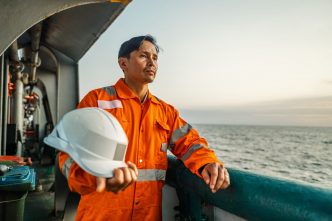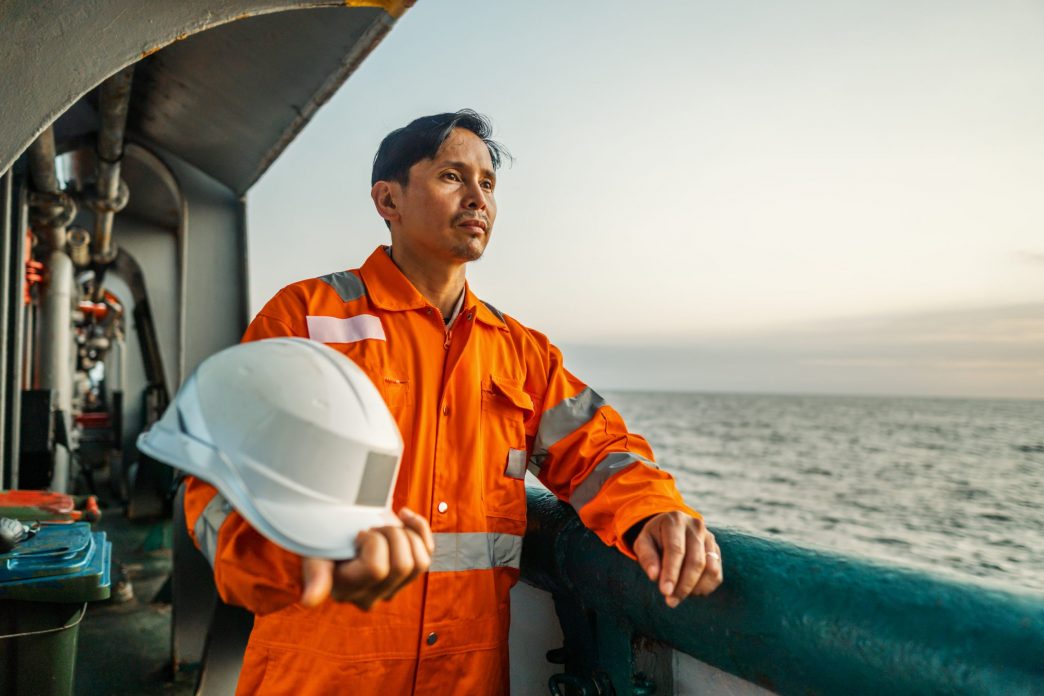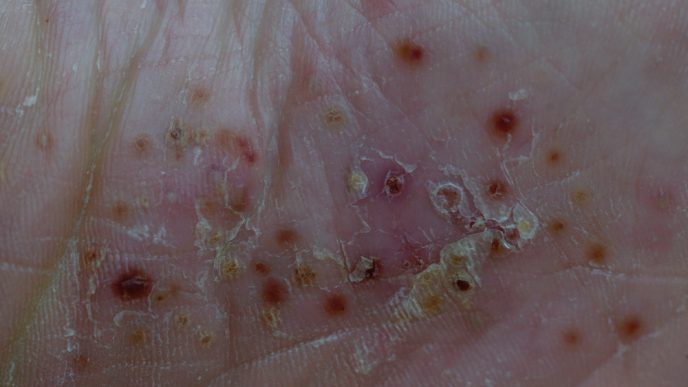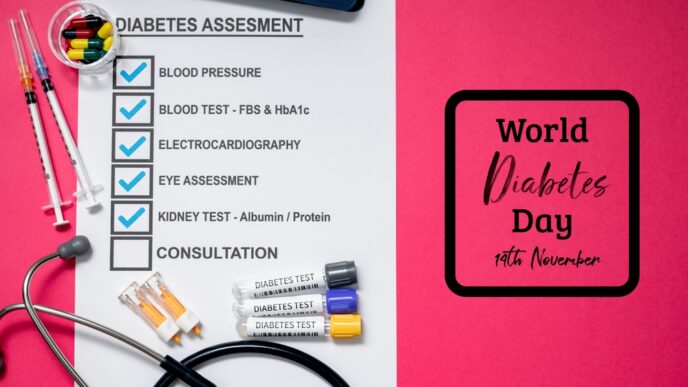WORDS LIM TECK CHOON
PHOTO MEDSEA
Malaysia has thriving petrochemical and fishing industries, which result in a significant offshore workforce. From oil rig workers to fishermen, thousands spend extended periods at sea, facing unique health challenges. This highlights the importance of maritime health, a specialized field focused on preventing, treating, and managing health issues specific to seafaring populations.
WHAT ARE THE MAIN HEALTH ISSUES FACED BY MARITIME WORKFORCE?
 FEATURED EXPERT FEATURED EXPERTANUJ VELANKAR General Manager of MedSea |
According to Anuj Velankar, General Manager at MedSea and a former maritime captain, data from MedSea reveals that the following are the most common chronic health issues among seafarers:
- High blood pressure or hypertension (67% of all chronic conditions reported on board)
- Diabetes
- High cholesterol or hypercholesterolemia
- Gout
“Non-communicable diseases pose significant health risks to seafarers, potentially leading to complications and even medical emergencies,” he adds, pointing out that these medical emergencies also necessitate vessel diversions and delays.
CHALLENGES IN ADDRESSING HEALTH ISSUES IN A MARITIME ENVIRONMENT
 FEATURED EXPERT FEATURED EXPERTDR KATHERINE SINCLAIR Senior Medical Advisor of MedSea |
Dr Katherine Sinclair reveals that the maritime environment can give rise to the following challenges when it comes to managing chronic conditions.
- Limited access to medical care
- Long periods away from home
- Physical demands of the job
These challenges often cause seafarers to neglect their chronic conditions.
“While crewmembers are often aware of their own chronic conditions, managing these conditions can sometimes be overlooked, posing significant risks to safety onboard,” Dr Sinclair reveals.
She adds: “Captains typically lack the bandwidth to closely monitor the health of crewmembers. Therefore, management should consider implementing proactive measures such as regular health check-ups, providing health education and ensuring access to necessary medical resources.”
SUGGESTIONS FOR ORGANIZATIONS TO PREVENT COMMON INJURIES AND ILLNESSES AMONG SEAFARERS
- Pre-employment medical examination (PEME) to aid in detecting underlying conditions and monitoring the general health of seafarers. This will ensure that those going to sea are in their optimal condition, which will aid in reducing illnesses and accidents at sea.
- Provide support for those with chronic conditions, by developing programmes that encourage seafarers to be open about the support they need for their chronic conditions. This can help prevent them from hiding their conditions and ensure they receive the necessary care.
- Promote healthy lifestyles. Actively encourage all seafarers to maintain healthy diets, engage in regular exercise and avoid tobacco use. Provide resources and create a supportive environment can help seafarers adopt these healthy habits.
- Ensure that seafarers follow recommended medical treatment prescribed by their doctors. Regular check-ups and adherence to medical advice are crucial for managing health conditions effectively.
- Practice early intervention. If there are any changes in a crew member’s medical condition, it is essential to ensure that medical attention is sought as soon as possible. Early intervention can prevent minor issues from becoming serious health emergencies.













